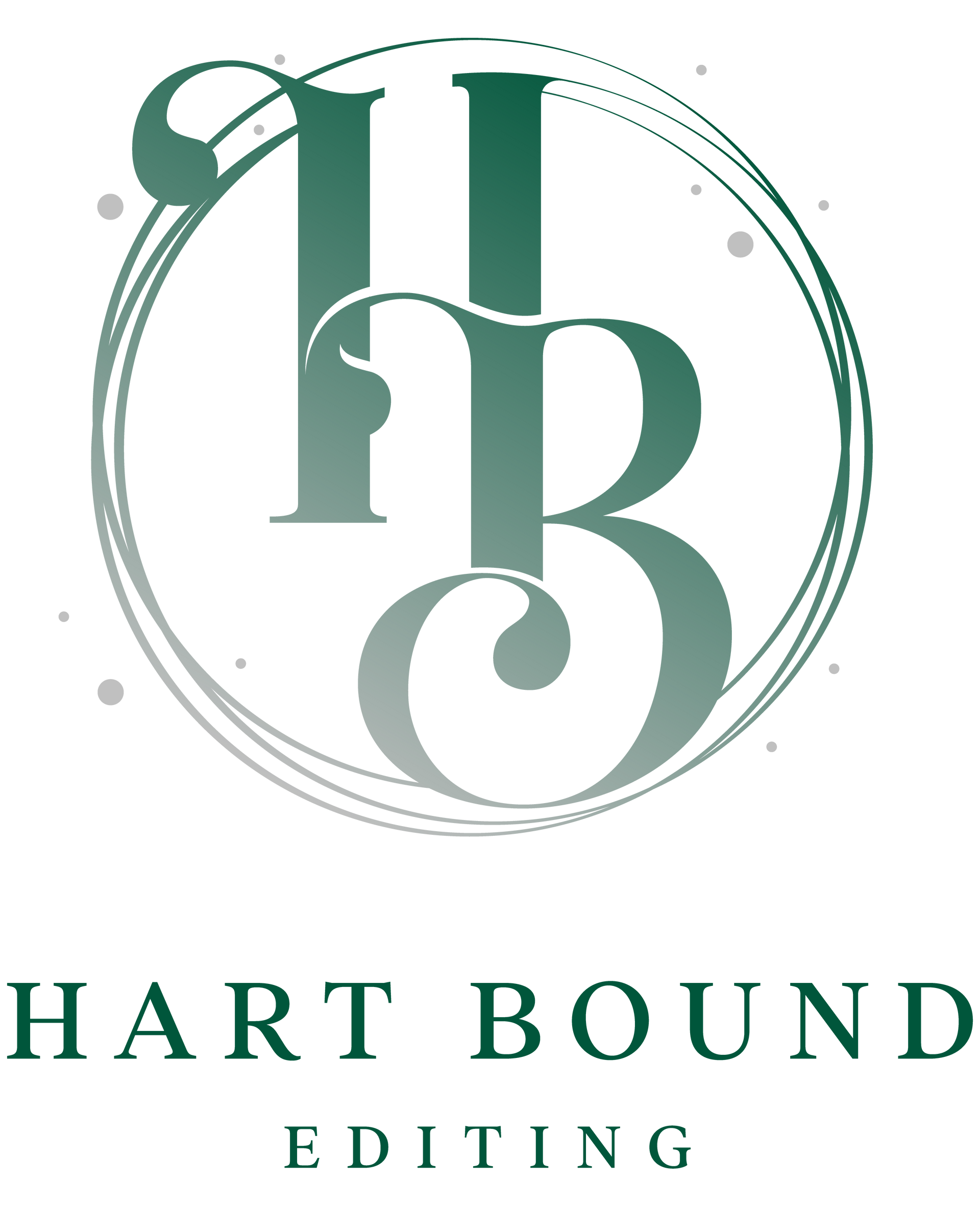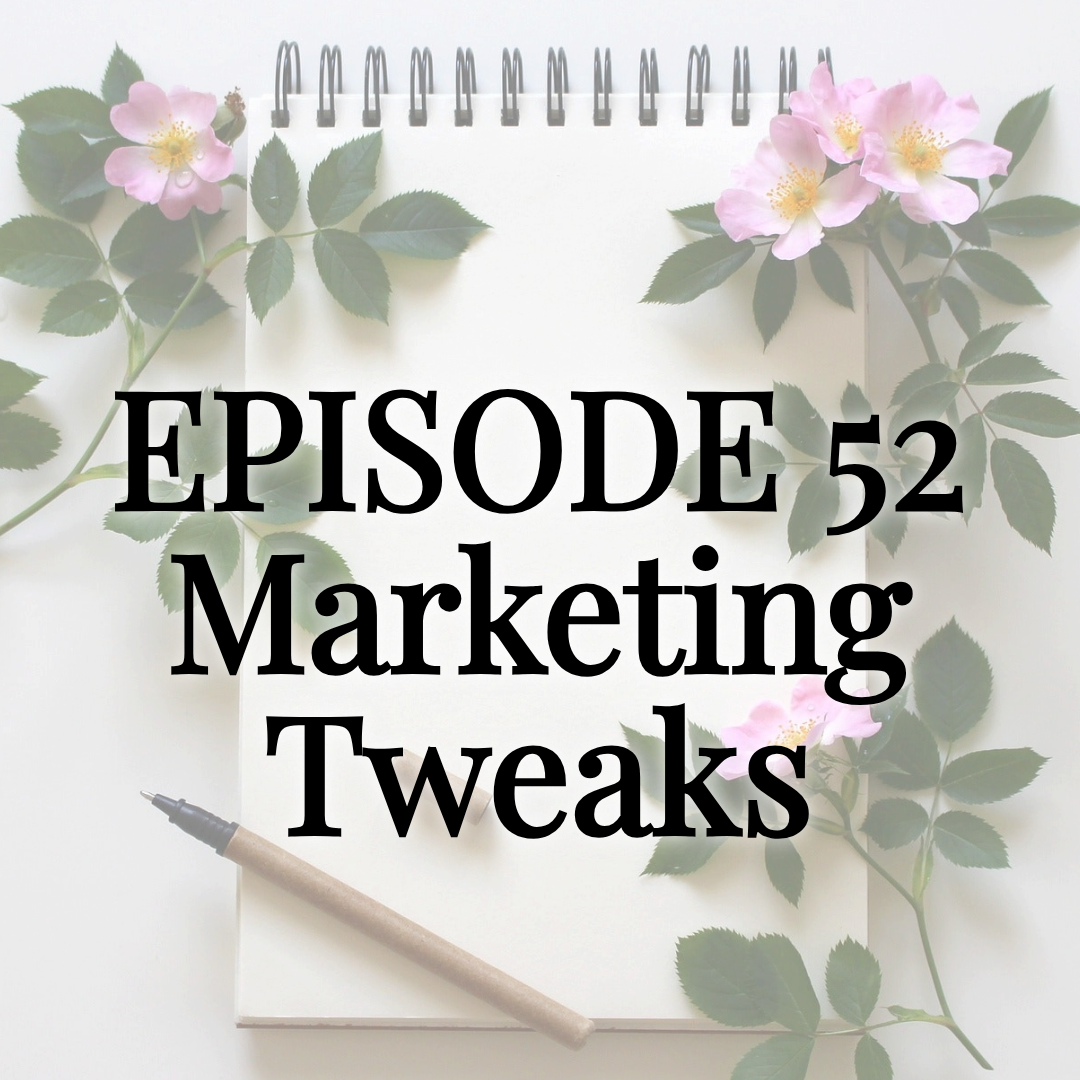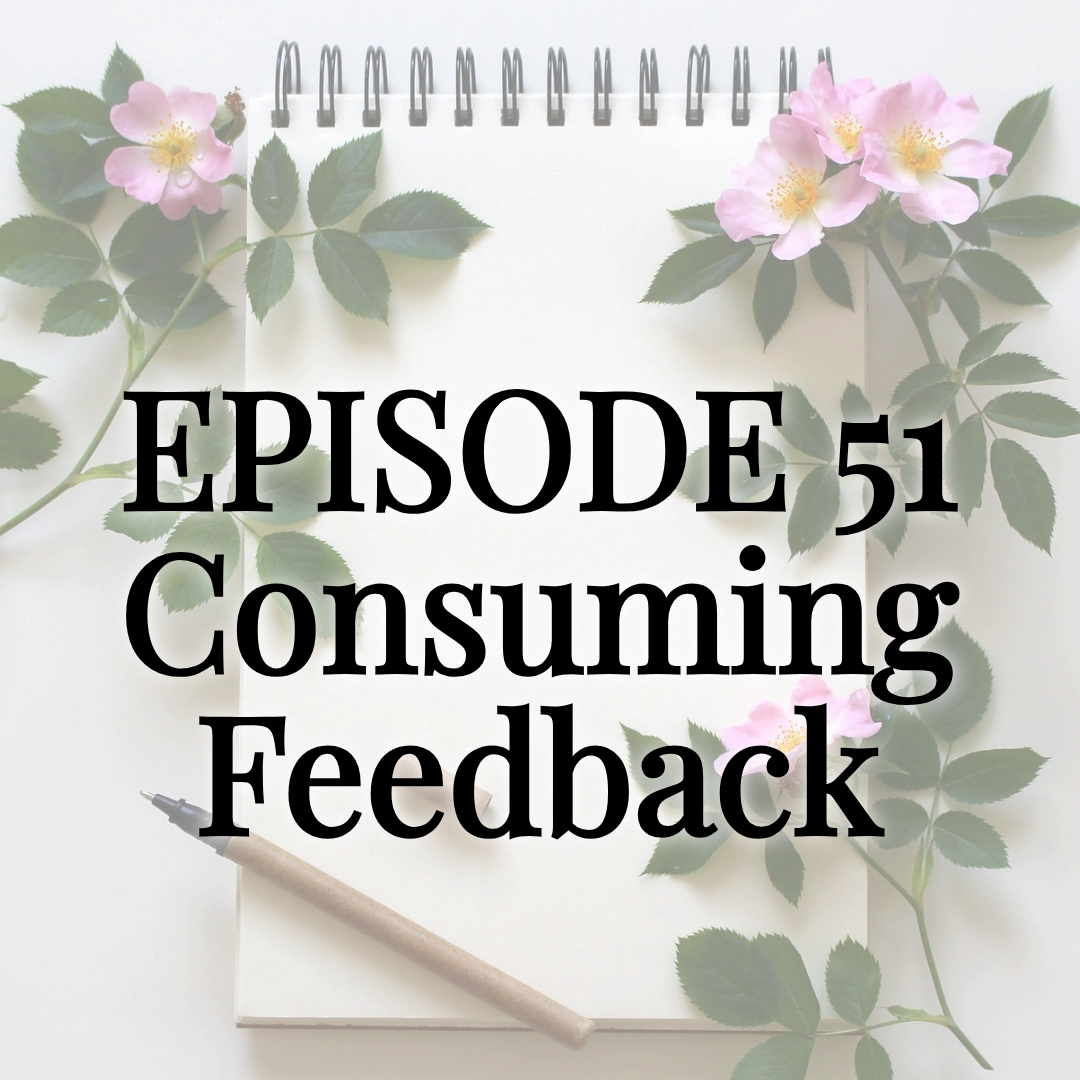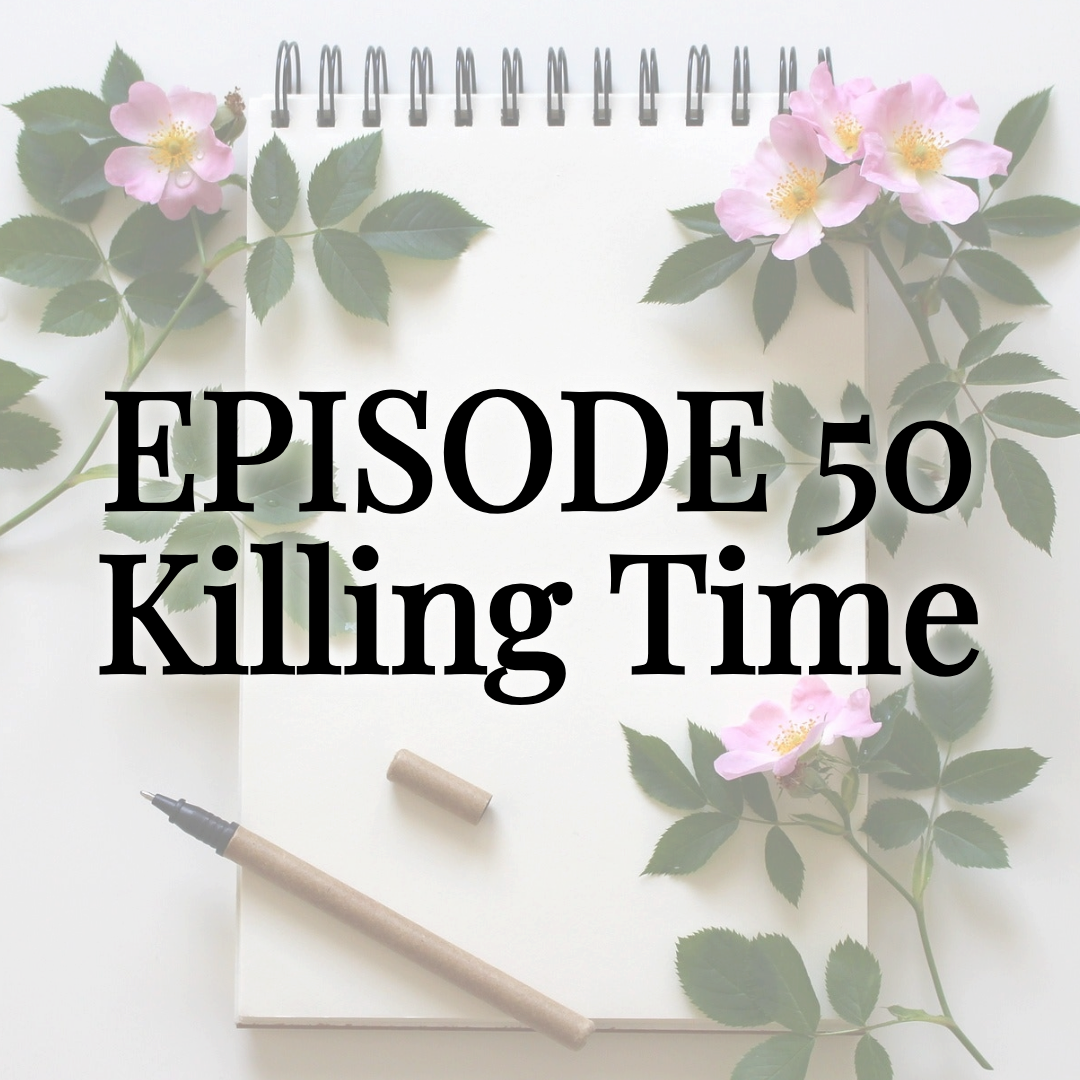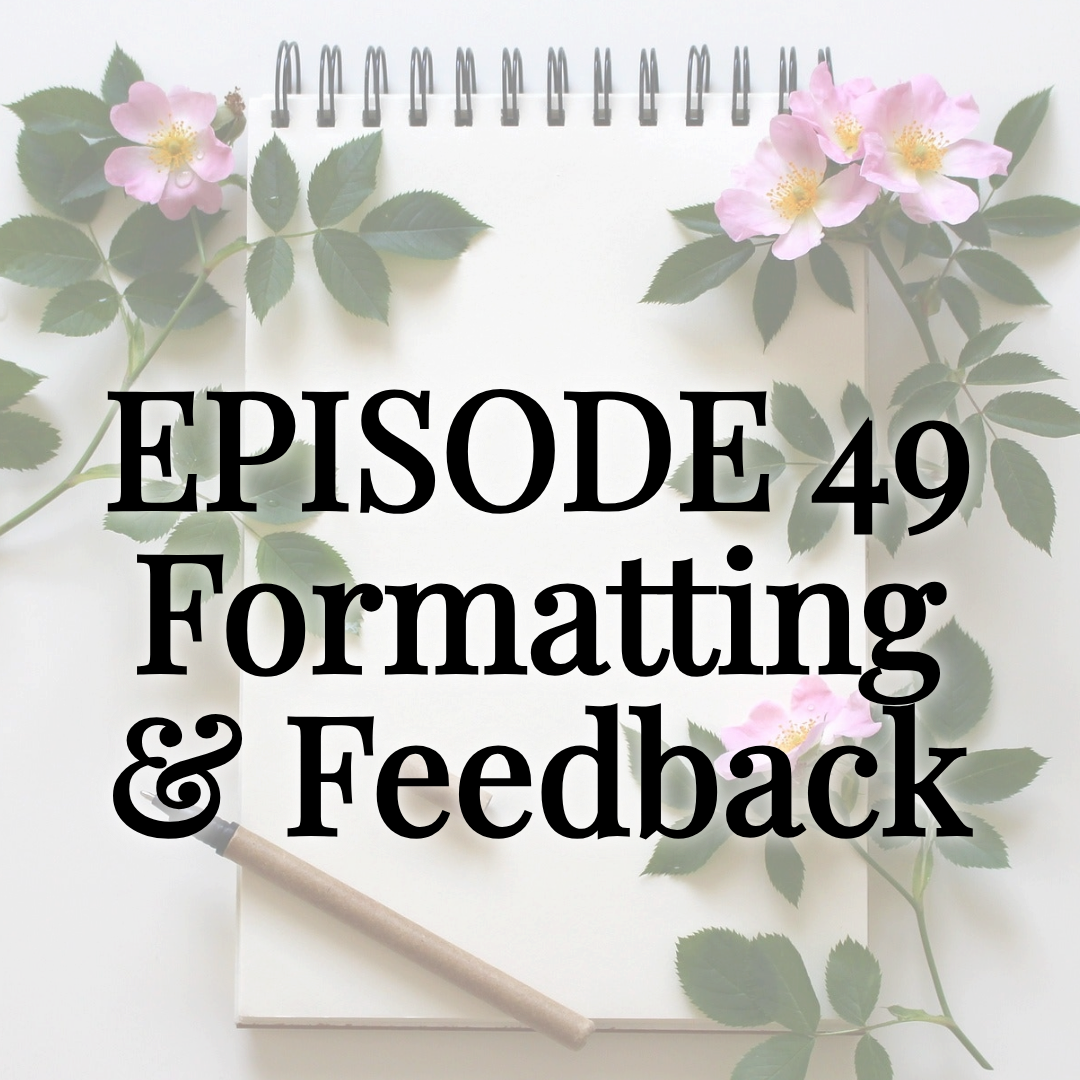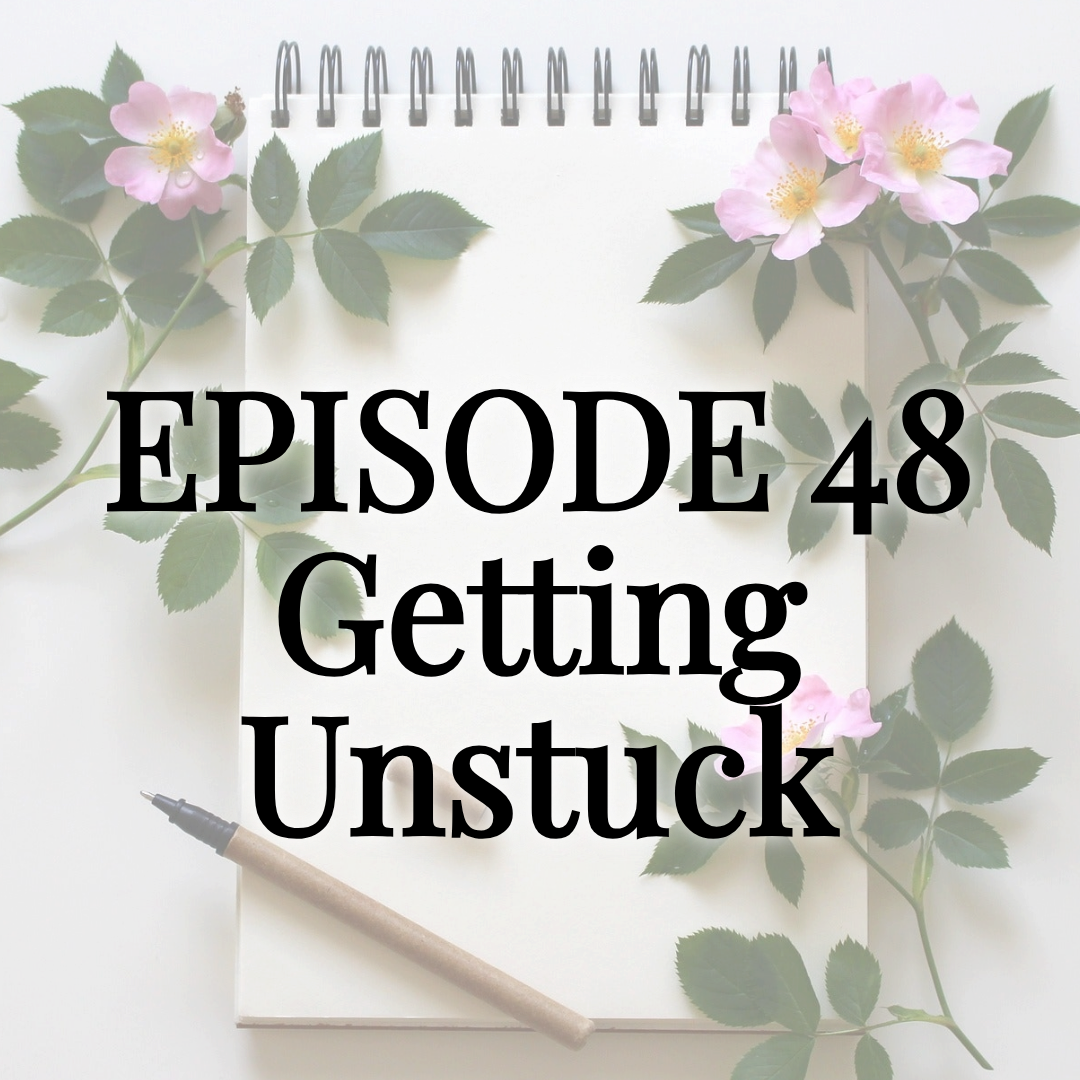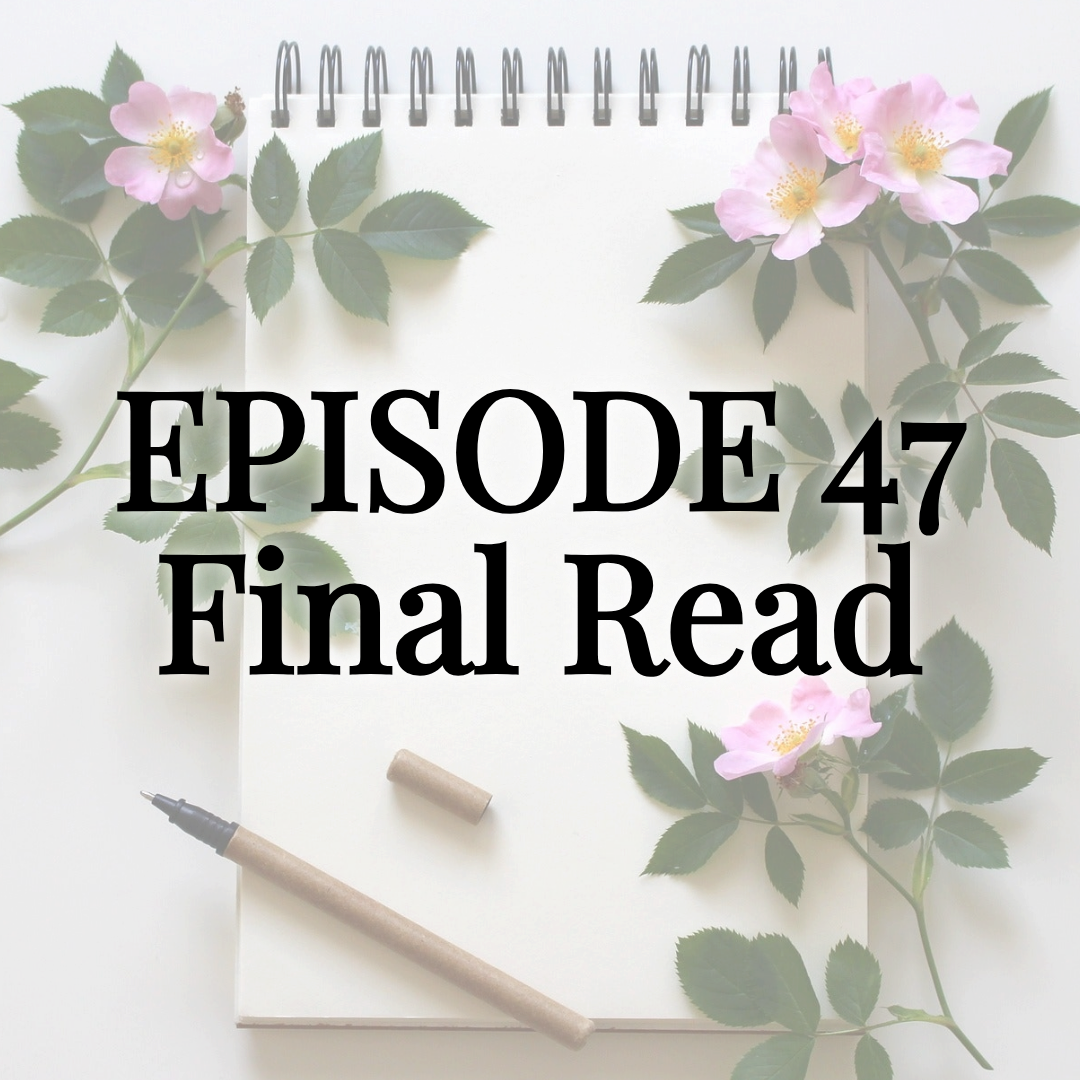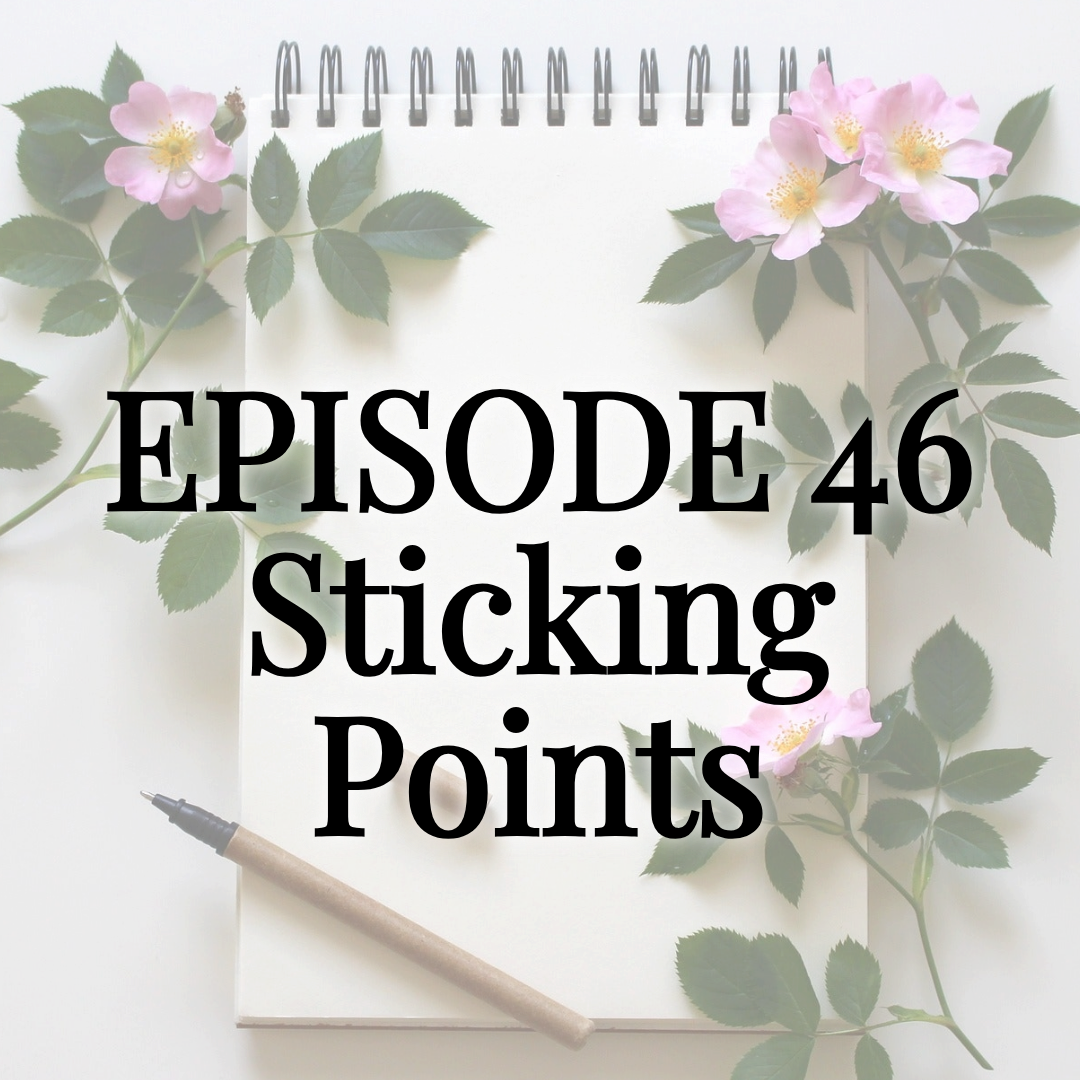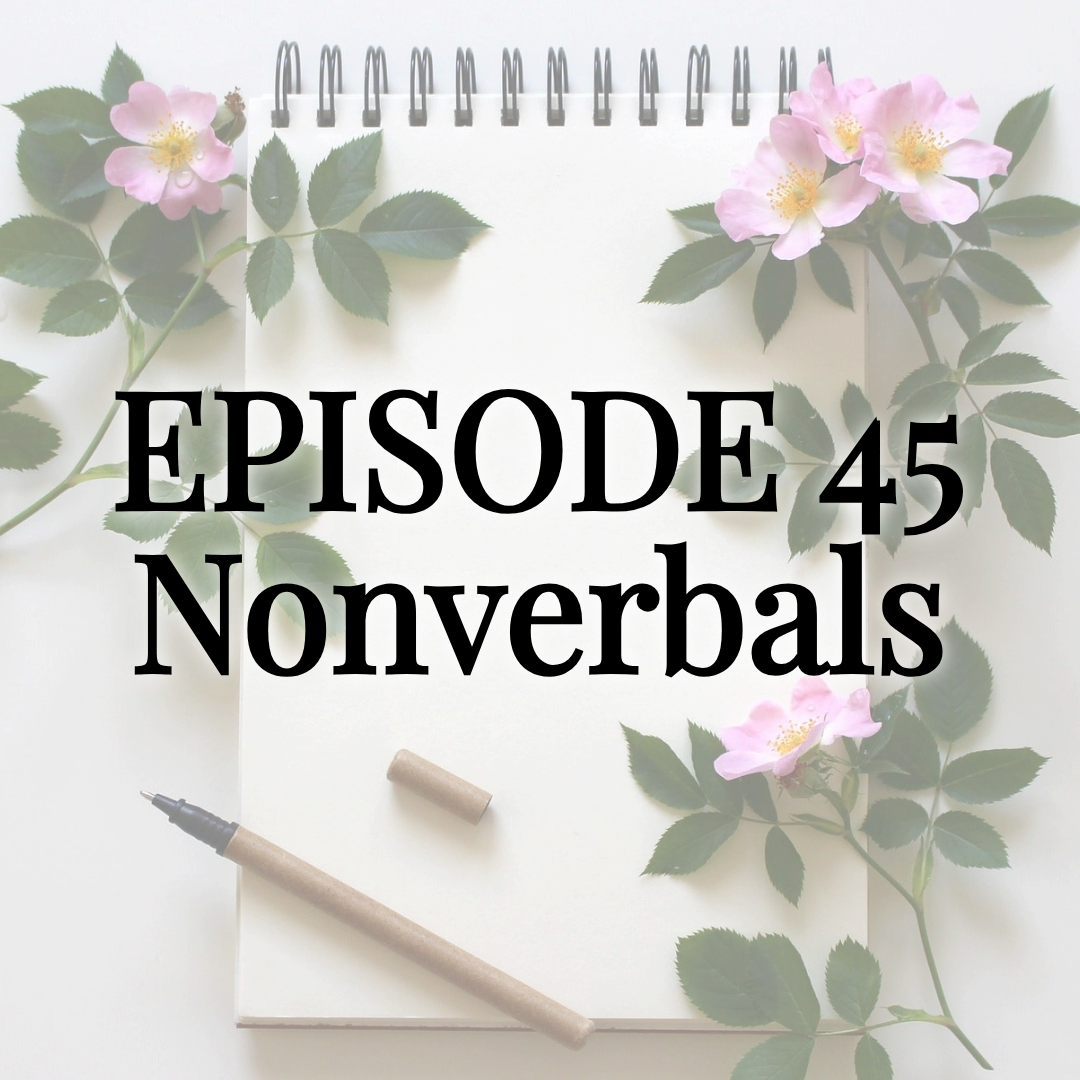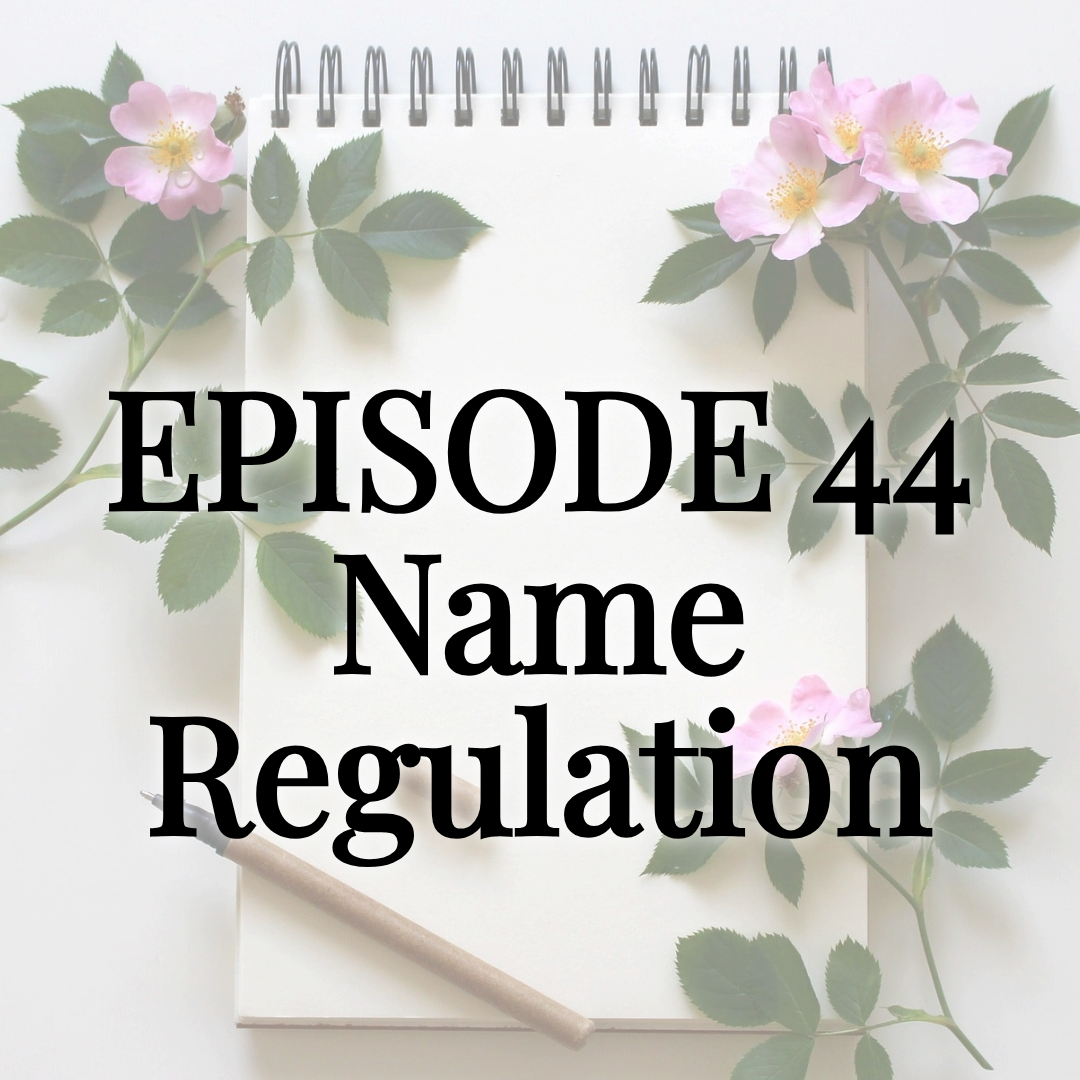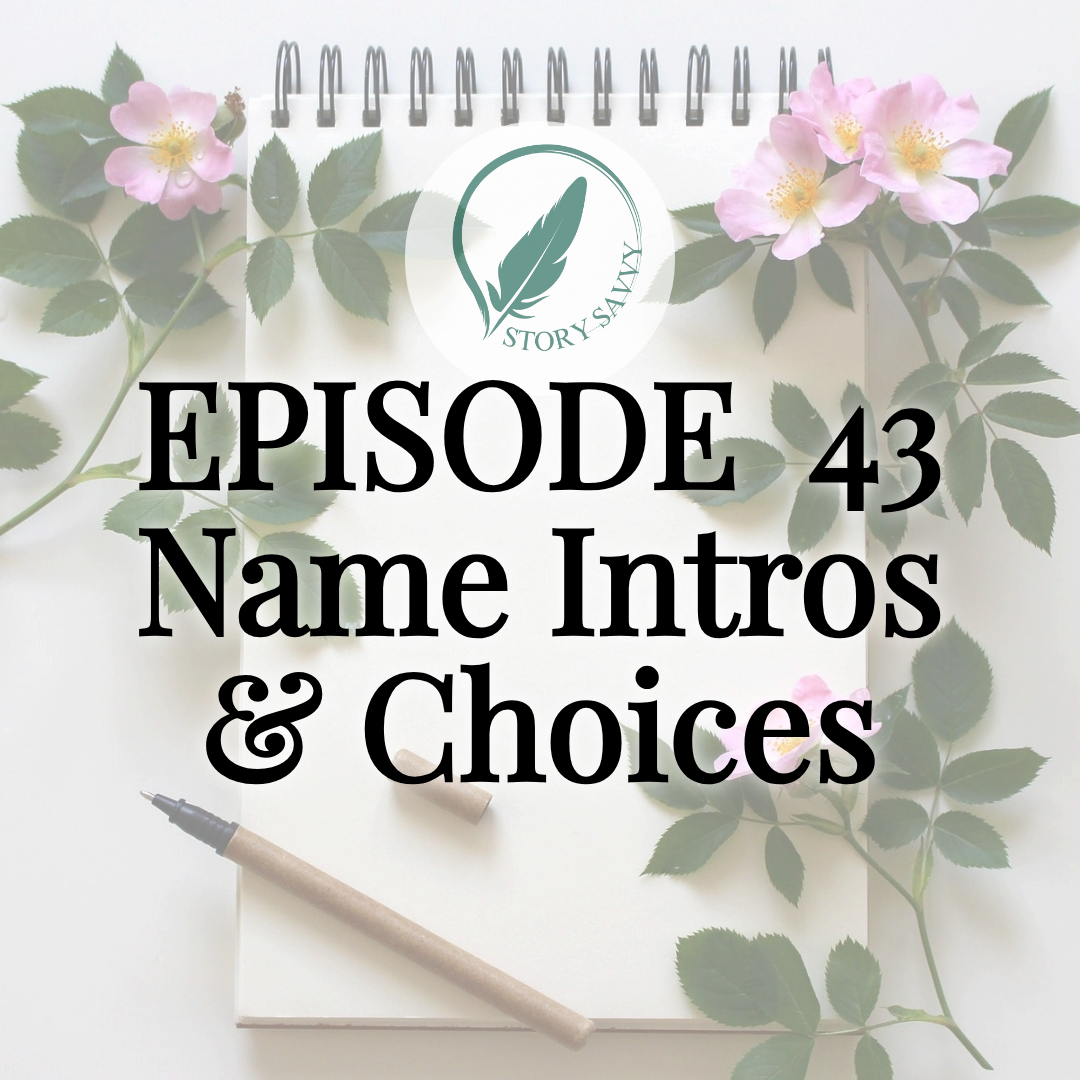Comp Titles: What, Why, and How?
Comp titles and market research for Indie success.
Want to write a book that will satisfy your readers, from the pickiest to the most voracious? Want to present your book in a way that will attract the perfect readers for what you are offering and convince them to give your story a chance? Want to find qualified professionals to work with on any aspect of the process you want to hire out? Spending even one day researching your comparison and competition titles for market research can give you a huge head start in all three areas.
1. Why does this matter, and why should I do it?
As much as originality and innovation are vital to a good story, delivering what readers are already looking for is equally so. Doing research on what’s selling and what their target audience is saying about it during the planning/outlining process will allow you to ”write to market” which is one of the most recommended ways to build a thriving indie author career by experts in the space right across the board. Or, if that feels disingenuous or undermines your creativity, then EDITING to market using the same research process can be an excellent compromise.
When you get to the point of needing to hire professional editors, cover designers, formatters, or the like after doing what you can yourself on your book, it can be overwhelming and confusing to find options in the first place, let alone weed out the scammers and sort the good from the bad. Gathering your list of potential professionals from published works, where you can see the demonstrated value of the work they provide or produce, can save you tons of time and frustration.
Lastly, the best stories in the world will flop without good marketing and packaging. Market and comps research is absolutely vital to nailing how you present your book to the world and convince people to read it. Even if you are just starting out in your first book, it’s never too soon to start crafting how you want your book to be perceived and knowing what books you can say your work is similar to in order to get people to give it a chance.
Sound like a free, easy, high-value way to give your books their best chance at success from the offset? It does to me, so let’s dive in on how to best tackle this process in a manageable, calm, and productive manner!
2. Where should I be looking to find comp titles for market research?
-Bestseller lists. Amazon top 100 lists for genres, New York Times Bestseller lists, etc.
-Promo, sale, and giveaway lists. Stuff Your eReader (a.k.a. ZoeBub, Romance Bookworms, or Stuff Your Kindle) event lists, and BookBub, Written Word Media, and Chirp all offer lists, webpages, and email newsletters tailored to your genre interests where you will regularly get relevant book lists to scroll through.
-Genre-specific content. Blogs, podcasts, and social media influencers/creators can all be good sources for finding new books that might be a good comp for you, often including a review of the story to help you decide if a particular book is worth looking into further.
-Reader groups. Join some big reader groups specific to your genre wherever you want to (Facebook is a great platform for this) and use them as a search database and zeitgeist tracker. I do NOT recommend spamming the group with posts or comments, especially not self-promo, but absolutely search the group for relevant keywords to see what others have recommended to folks looking for books like yours, and if you’re really in a bind, ask for recommendations that fit the tropes and such of your story you are trying to find comps for.
3. How do I pick books to call comps and do market research on? Especially if I already have an idea or draft I’m not looking to scrap?
First of all, don’t expect any book to check ALL of these boxes! I do, however, suggest that a book check at least 3 of these boxes for you to consider it a comp. At the end of the day, it’s down to you to make the final judgment call and rank each by its overall relevance to your book.
-Cover. Does the cover look like something you’d read, or like something you’d like to see your book next to on a shelf?
-Title. Does the title sound like the story is likely in your genre?
-Categories. Is it in at least one category in which you would also happily list your own book?
-Blurb. Does the blurb sound like there’s some relevance or overlap with your story? Does the tone sound similar to your own?
-Rating. What is the overall star rating? Would you be happy to have the same rating on your book?
-Reach. How many reviews has it received? Is it at LEAST over 100, but ideally over 1,000?
-Age. When was the oldest format (print, eBook, audio, etc.) published? Was it recently enough to be relevant to the current market (under 3 years), or old enough to be impressive that it’s still a bestseller (10+ years)?
-Length. How many pages does it have? Is it a full-length novel, novella, short story, or something else? Is that the length of book you are planning or editing? If you need to figure out a word count from a number of pages, multiply it by 300 for a rough estimate.
-Also Boughts. What are the ‘also bought’s for that book? What books are being placed next to it on shelves, either digital or physical? Do THOSE look like your book would fit in with them as well, or are they way off?
-Clout. Have you seen it recommended to someone you think would also really like your book, based on their interests and tastes? Is it popular or often-recommended enough to be worth considering despite not being a great fit in other ways?
-Content. When you read a sample, like through the ‘look inside’ function, does it seem well-written or similar to your own writing style? Do you think that your ideal reader would also like this story?
-Path. Is the book self-published/Indie or traditionally published? You can usually figure this out by looking to see if a publisher is listed, and if so, whether or not the publisher name has anything to do with the author’s name.
4. What information should I be USING from my comp titles and market research?
-Cover: What’s currently trending for covers in your genre? Is it people, objects, or what? Is the general style photographic, painted, computer-edited photo-art, cartoonish, or something else? What’s the general color pallet? How prominent is the title and author name, and in what fonts? Is there anything else, like series name or number, subtitle, review, or any other text often included on your comp covers? Is the cover artist listed in the acknowledgments or copyright page? If you like their style, can you find their website to consider hiring them? What cover ideas do you have which would fit in perfectly but also stand out among your comps and bestsellers in your genre?
-Title: What are 3 dominating title formats for your genre? Are names prevalent? Punny titles? Formulas like “A court of _ and _”? What title ideas do you have for your own work which would fit in perfectly but also stand out among your comps and bestsellers in your genre?
-Subtitles: Do your comps often use subtitles, either on the cover or just on the sales platform? Are they key-word heavy, genre-clarifying, or naming where it is in a series? I don’t recommend the latter as that info is already included on the sales page, and redundant repetition won’t do you favors with that. Do you want to use a subtitle on your own book? If so, what, and how could you make it fit what your comps are doing with theirs?
-Price: What are your comps charging for books of a similar length to yours, with a similar quality of packaging? A few caveats here; whether you and the comp are Indie or are both trad matters a lot here, and first books in a series are often priced lower than the rest. Based on what you find, how do you plan to price your own book?
-Blurb: What do you like and dislike about their blurb? What can you see they were going for or hoping to emphasize with their blurb? What’s the length and format? Based on what you find, can you draft or overhaul your own blurb for your book, and refine it until it’s of comparable quality?
-Keywords: What keywords indicating genre/subgenre, tropes, setting/world building, core stakes and tensions, or the like can you see the author using in the book and series title, subtitle, blurb, and anywhere else under their control? Are any of them relevant to your story and could be used similarly? List any you think would fit your book regardless, as those will be really important in your marketing effort.
-Length: What is the average, highest, and lowest word count from your comp list, and from the top 100 in your genre? to calculate this, take a look at a book’s listed page count and multiply it by 275-300 for a rough word count. Do this for 10+ books and see where the range falls. Is your book reasonably within that range, or could it be edited to fit?
-Chapters: Are chapters more often named, numbered, or both in your comps? If you divide their total estimated word count by the total number of chapters listed in the table of contents, what is the estimated average length of their chapters? What is the average for that across the list of your comps? Do your chapter lengths all fall within the spectrum, and do they average near the middle? Do you have any scenes you need to split apart or trim, or combine or add to, in order to fit that?
-Categories: What three categories is it ranked in? Write them down. From the list of all categories your comps fall into, pick three you think are the most accurate and niche for your book. Be careful around any categories for FREE books, as these aren’t the stats you want to be collecting or caring about at this stage.
-Ranking: What is the overall ranking of the book in the Kindle store? How does that compare to your other comps? Looking at how it is also ranking in its three categories, how competitive do you think those categories are? For example, a category which gives #1 to a book ranked 40k in the overall store is much less competitive than a category where you have to rank in the top 100 in the overall store to make #1 in the category. Do you want to change your choice of three categories for your own work based on this? If you haven’t started writing yet, do you want to intentionally write your story to fit into a less competitive market?
-Compliments: What do the most relevant, most upvoted, or longest 5-star reviews compliment the book and writer on? Are there keywords in there you want to add to your list? Or want to use in your blurb, title, subtitle, front matter, or first few chapters? Are there any compliments which point out elements you could put extra effort into nailing in your story?
-Complaints: What do the most relevant, most upvoted 1-star reviews complain about around the book or writer? How could you avoid getting the same complaints on your story? What steps can you take to pursue that goal? Or, alternatively, what silly or disagreeable complaints could you twist to your advantage in marketing and the like? The classic example is 1-star reviews which complain about there being lewd acts in the story, when a majority of that book’s audience is actively looking for some good spice!
-Front matter and back matter: Using the ‘look inside’ sneak peek, take a look at what the author said or included between the cover image and the opening line of chapter 1 (front matter), and between ‘The End’ and the back cover image (back matter). What do you like that you want to copy, and what would you choose to do differently? For things you MUST have, like a table of contents, who did it in the coolest way you’d like to emulate? What would you add to what you find, like trigger warnings, or choose not to include if it’s optional?
-Hooks: What type, style, and length of opening line is common among your comps or bestsellers in your genre? What about the first paragraph? The first page? The first scene/chapter? Why do you think they made those choices, and why did you think they worked well at getting readers into the story? How could you try to do the same in your story to give it the same boost?
-Content: Read the chapter(s) you can using the ‘look inside’ feature. What do you think of the writing style? What do you think of the story's contents (world-building, plot, characters) and pacing? Does the author name their developmental/structural or line/copy editor in the front matter or back matter? If you like their work, can you find their website to consider hiring them to work with you on your own piece?
5. How do I keep this all organized?
Great question, I’m glad you asked! Honestly, however you normally best organize your information or research, but I am a huge fan of spreadsheets for functionality. Across the top, I list each of the aspect I want to track for each of my comp titles, and each row down is one book. I suggest you have a goal of collecting and researching 10-30 comp titles, and prioritizing 3-5 which are the closest/best fit to your book after collecting the relevant details from each. I then suggest you read those favorites and adjust your spreadsheet notes for them as needed.
Here’s what I suggest you include in your notes:
-Title
-Author name
-If it’s in a series, and if so what number
-Link to the Kindle page
-How relevant it is to MY work, scored 1-10
-1-5 overall rating score
-Publishing year
-Estimated total word count
-Estimated average chapter length
-Major tropes they advertise
-Keywords used
-3 most common review compliments
-3 most common review complaints
-Professionals (cover artist, editors etc.) credited
-Link to any I’d consider working with
-Overall Kindle store ranking number
-Categories with ranking number (this will change over time, don’t worry about it more than quarterly)
6. When should I do comp research, and when SHOULDN’T I?
When you SHOULD:
-When checking the viability of a story idea. Look for categories, comps, and tropes mentioned in those comps to see if your idea seems like it would fit in with other bestsellers, and/or if it looks like it’s been over-done before.
-When you need inspiration. Look through the books you would like to be “shelved” next to, and see if any mentions of tropes, world building, specific conflicts, or elements mentioned in reviews sparks off ideas for you which you already know would appeal to those readers and fit into the market.
-When you want to check your plan/outline before drafting. Again, look at if your story looks like a good fit for where you want to be shelved, and see if you are inspired to make changes to your outline based on any inspiration or reminders you gather from what’s working for bestsellers. You can even try drafting yourself a blurb based on your plotted plan, and compare it to your comp titles for another layer of making sure that the story you are planning to write sounds interesting and viable before you spend so much time and energy drafting it.
-When you are done drafting and are ready to self-edit. Watch for ways you could EDIT to better fit the market you want to sell in without compromising what you love about the story you wrote. What complaints in comp reviews feel personal, which you could edit to avoid receiving? What tropes, moments, or other compliments in comp reviews do you want to add to or strengthen in your own work? Start thinking out what elements in your story might be relevant in choosing and creating a title and cover that will clearly communicate what a reader would be getting by buying and reading the book.
-When you know when you’ll be ready to work with a professional and need to start booking that ahead of time. Most professionals, like cover artists and editors, must be booked well in advance, so you should try to confirm a spot on their calendar as soon as you can. Use the ‘Look inside’ function on Kindle to peek at who is credited in the front or back matter of your comp titles. The cover artist, developmental editor, copy editor, proofreader, formatter, and other professionals the author worked with in producing their work are often named in the acknowledgements or copyright section, which is either at the very beginning or very end of the book. Google those names to track down the websites of artists whose covers you liked, developmental editors on books with great reviews, formatters who bring something special to the table based on the ‘look inside’ sample, and so on! You will then have a short list of professionals to research and reach out to about working on your piece who have already proven to you the quality of work they produce, and that they have experience working with stories like yours.
-For your launch and marketing.
Lastly, and most importantly, you MUST do comp research when gearing up to launch and market your book. Don’t underestimate the power of a selling line like “The Magicians meets The Hunger Games,” “His Dark Materials for adults,” or “perfect for readers who love Scarlet Sinclair and Sarah J Mass” when getting readers to notice, really look at, and commit to reading your book. In order to know what book titles or author names to use in these hooks, you have to know what bestsellers are most like your own book, and what unique combo or approach you’re bringing to the elements they are known for. Know your comps, USE them in your marketing, and you’ll give your book a solid head-start.
When you shouldn’t:
-During drafting. Comparison is one of the best ways to kill confidence, and your creativity needs room to breathe without too strict of a framework to meet. Trust that the comp and market research you did before drafting, and the further research you’ll do in self-editing, will be enough and completely ignore all stories but your own during the drafting process.
-When you are feeling tired or overwhelmed. It’s easy for comps research to feel rather negative or depressing. Don’t compound that unnecessarily, and do what you can to help foster a positive mindset of finding potential author network friends, perfect ways to tempt people to read your stories, and delightful little nuggets of story gold to pass on to your readers as much as you can.
-When it’s too late. But when is that? I don’t want to scare you. There is always some aspect or comp research that can be applied to boost your book, but looking at elements like what tropes to include in a story after it’s published is only going to make you feel bad. If you find yourself getting into comp and market research after your book is published, you’ve already committed to a title, and the cover art has already been used, then stop making comp lists for that book, and start making them for the next book you’ll write. Comp research is most valuable before publication, and I hope you will consider that when making your plans for between finishing your first draft and your hopeful launch date.
That’s it!
I know it feels like a lot, but with a little organization and planning, 1-3 days spent on this will give you 10-30 comps with 3-5 favorites, and make a huge difference between your story having a really solid chance at success or being guaranteed to flop.
However, it’s very far from being the only deciding factor. A great cover, a solid marketing plan, and everything like that are other big considerations, but at the end of the day having a truly great story is always going to be the biggest determiner between success as an author and failure. To that end, if you have a story you want to make sure is nailing its genre, will hook and hold readers’ attention, and will leave them with no option but to immediately tell all of their friends that yours is a must-read story, I would love to help you. I can help you make sure your story truly works at the biggest and deepest levels to make sure that all of your efforts around research, packaging, polishing and marketing your book down the road aren’t wasted. If you’d like to learn more about the services I offer and how they can help YOU change your writing life to start living your author dreams, visit my
developmental editing page here, or schedule an introductory call with me to ask questions to see if we’d be a good fit.
Or, if you’re still exploring, follow along on social media for more helpful content:
Lastly, if you’d like to have my articles delivered straight to your inbox, and get content, access, and discount opportunities before anyone else, you can sign up to my email newsletter at the very bottom of this page.
If you’d like more resources on the topic of comparison/competition titles and using them for market research, here are a few I can happily recommend. I have no professional or financial affiliation with any of them:
-KindlePreneur and
Publisher Rocket.
-David Gaughran’s free Starting From Zero course.
-Mark Dawson’s Self Publishing Launchpad blogs and podcast episodes on the topic, and the relevant parts of his Learn Self Publishing Launchpad course.
See you next time!
~Rebecca
